Potential of Meta-Omics to Provide Modern Microbial Indicators for Monitoring Soil Quality and Securing Food Production
Résumé
Soils are fundamental resources for agricultural production and play an essential role in food security. They represent the keystone of the food value chain because they harbor a large fraction of biodiversity—the backbone of the regulation of ecosystem services and “soil health” maintenance. In the face of the numerous causes of soil degradation such as unsustainable soil management practices, pollution, waste disposal, or the increasing number of extreme weather events, it has become clear that (i) preserving the soil biodiversity is key to food security, and (ii) biodiversity-based solutions for environmental monitoring have to be developed. Within the soil biodiversity reservoir, microbial diversity including Archaea, Bacteria, Fungi and protists is essential for ecosystem functioning and resilience. Microbial communities are also sensitive to various environmental drivers and to management practices; as a result, they are ideal candidates for monitoring soil quality assessment. The emergence of meta-omics approaches based on recent advances in high-throughput sequencing and bioinformatics has remarkably improved our ability to characterize microbial diversity and its potential functions. This revolution has substantially filled the knowledge gap about soil microbial diversity regulation and ecology, but also provided new and robust indicators of agricultural soil quality. We reviewed how meta-omics approaches replaced traditional methods and allowed developing modern microbial indicators of the soil biological quality. Each meta-omics approach is described in its general principles, methodologies, specificities, strengths and drawbacks, and illustrated with concrete applications for soil monitoring. The development of metabarcoding approaches in the last 20 years has led to a collection of microbial indicators that are now operational and available for the farming sector. Our review shows that despite the recent huge advances, some meta-omics approaches (e.g., metatranscriptomics or meta-proteomics) still need developments to be operational for environmental bio-monitoring. As regards prospects, we outline the importance of building up repositories of soil quality indicators. These are essential for objective and robust diagnosis, to help actors and stakeholders improve soil management, with a view to or to contribute to combining the food and environmental quality of next-generation farming systems in the context of the agroecological transition.
| Origine | Publication financée par une institution |
|---|
